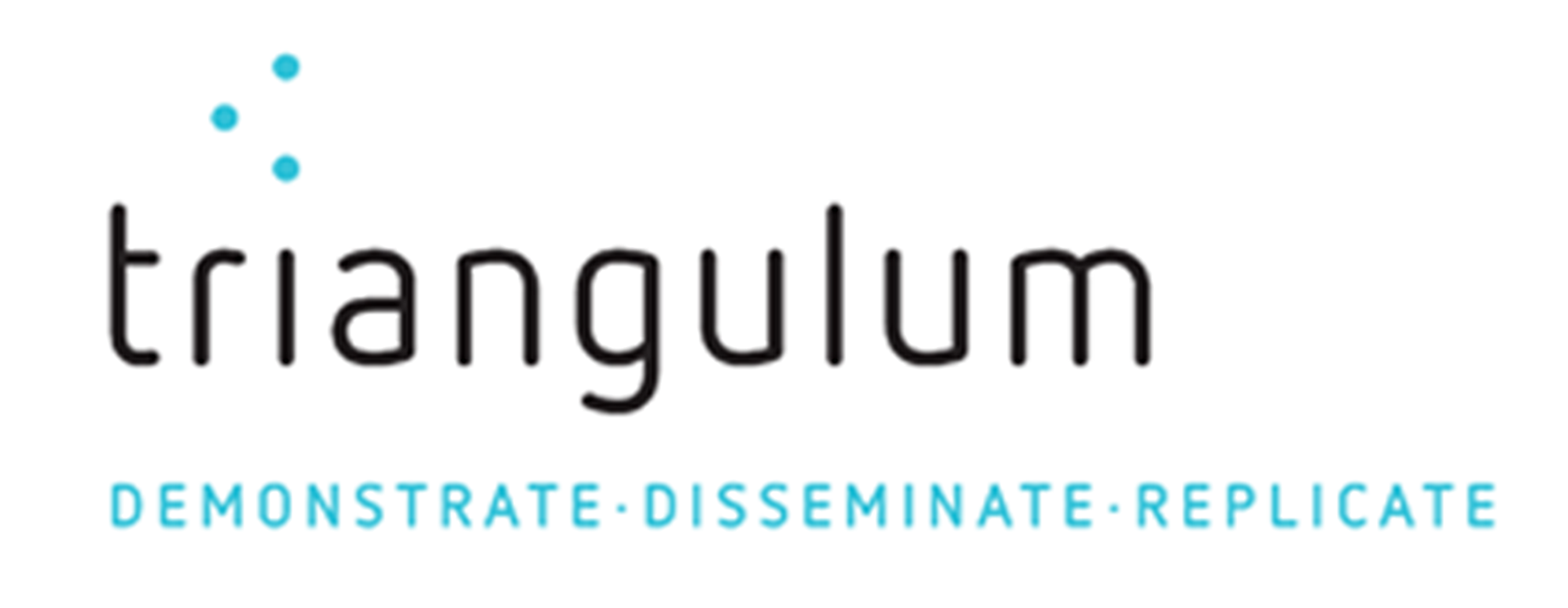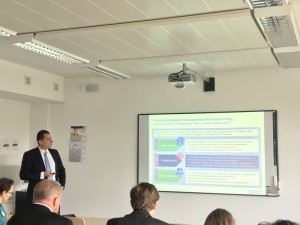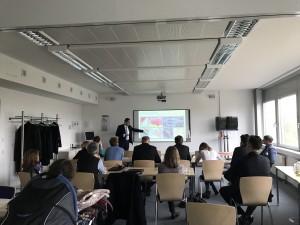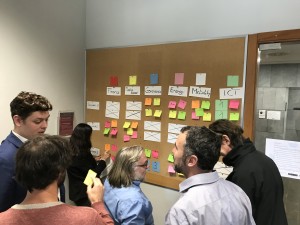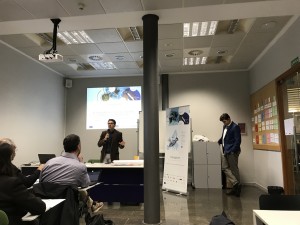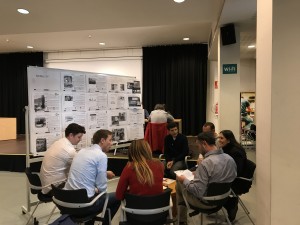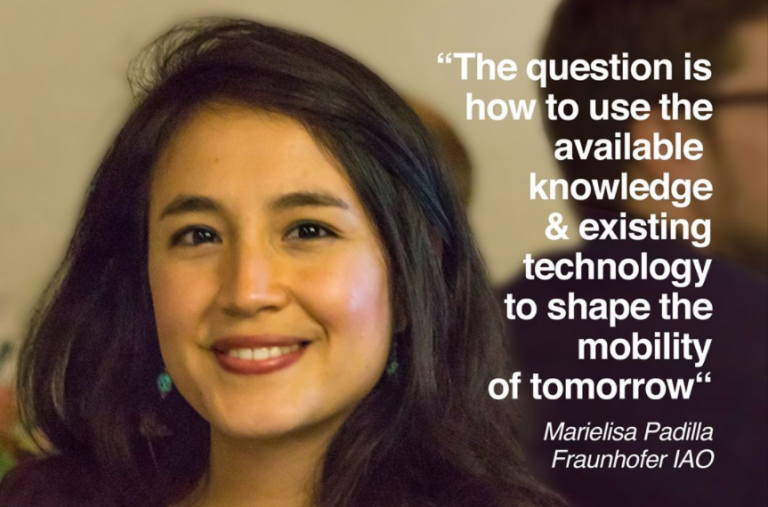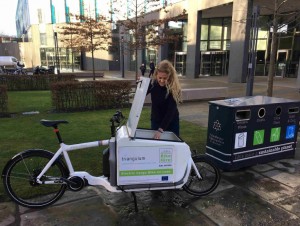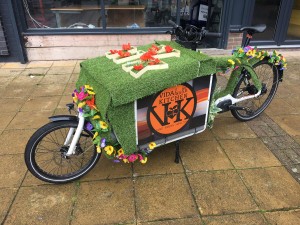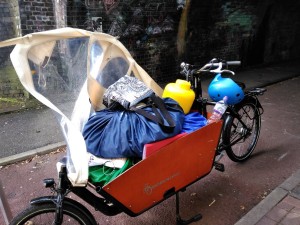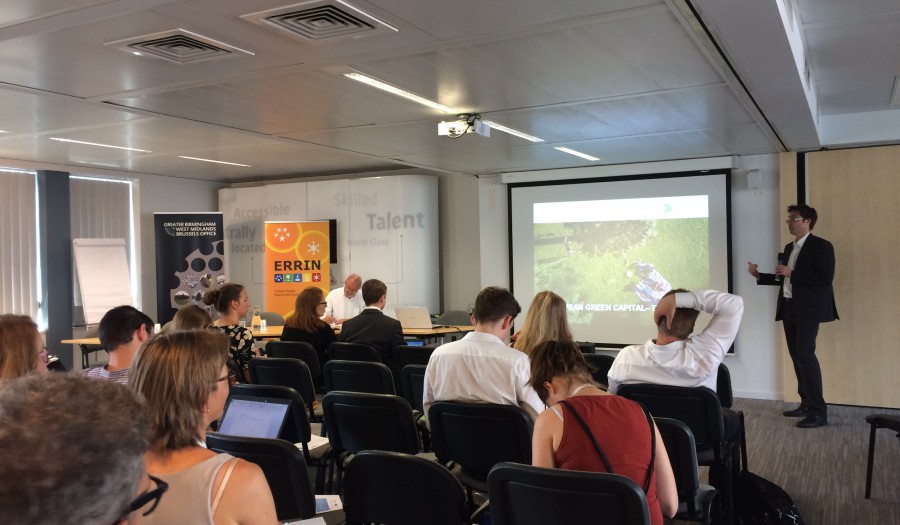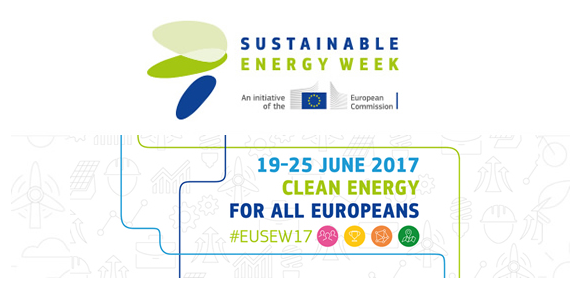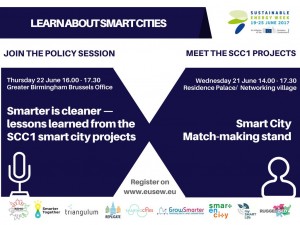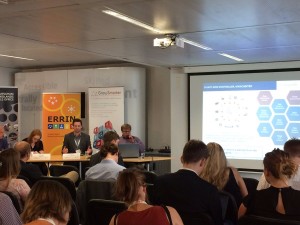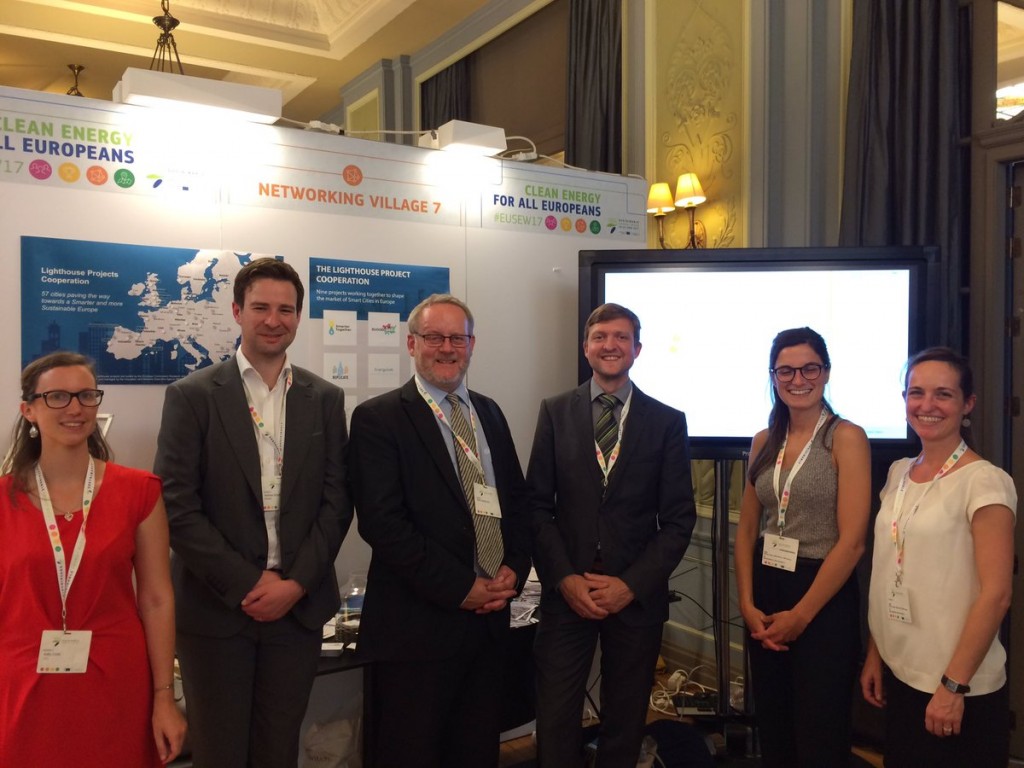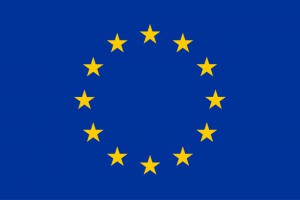Like most of the European cities, Prague is facing the impact of global mega trends, including the ageing of its population. According to the Strategic Plan of Prague, by the year 2030 there will be an increase of 17% of over 65 year olds living in Prague and a 65% increase of the population above 80 years of age. It is thus estimated that the overall population of Prague above 65 years will count 252 thousand inhabitants, and among them 82 thousand inhabitants above the age of 80 years. This presents great challenges for the city and its services, as with the increase in the number of seniors, the number of those who depend on different levels of care also increases.
The Strategic Plan of Prague estimates that the cost of one bed in a home care is five times lower than a bed in nursing home. Moreover, most of the available studies have showed that the quality of life of home care is higher than the one at nursing homes. It is thus in the interest of the municipality to look at ways on supporting the provision of complex home care services that would enable seniors to stay longer self-sufficient. Consequently, the demand for nursing homes would decrease.
IPR Prague has been inspired by the approach of the Triangulum Lighthouse City Stavanger towards the smart home care agenda and has chosen it as the overarching approach for its pilot project to be designed within Triangulum. The main question of this pilot project is: “How can smart technology and cross-sectoral cooperation enhance the home care services that the city is currently providing?”. However, the pilot project will not only look at the essentials of how to provide safety and minimum wellbeing for seniors on the verge of self-sufficiency, but it will also explore the means of enhancing their quality of life. The pilot project will be focusing on one of the city districts, testing approximately 15 households. The implementation strategy document will have the form of a feasibility study that will closely look at the context of the city district. Through the process of participatory design it will engage the relevant local stakeholders and will map individual needs of the represented seniors. The plan will propose three versions of the pilot project, differing in their scope (must have, should have, could have), and a high-level implementation roadmap of the pilot project.
From a replication point of view, the pilot project will firstly look at Stavanger’s ICT solution in the form of a video communication tool connecting seniors to the caretakers centre, to their peers and family. However, the tool also functions as a platform for additional content, such as exercise tutorials. Secondly, it will explore the possibilities of sensor networks integrated in households together with smart meters aiming for optimisation of energies of the individual households that Eindhoven but also Stavanger have been focusing on. Thirdly, Prague will explore the integrated system of city logistics that involve e-mobility and cargo bikes in the distribution of goods, nutrition and care takers among the tested households. Moreover, the implementation strategy will also look at the option of an online smart home care market place, that would make it clearer what services are available and link those to the needs of the individual senior. Thanks to Triangulum, IPR Prague is also updating its current 3D model of the city and is working with large number of open datasets of spatial data. Finally, as there will be a new mode of cross-sectoral cooperation and an attempt to apply the quadruple helix model of cooperation in the process, the aim is to put together a “lessons learned cookbook”. The book will explain how to manage a pilot project in the context of a city district of Prague and will ideally provide guidelines for future projects. The implementation strategy will be finalised in the beginning of January 2018 and the pilot project is aimed to start from 2018.
